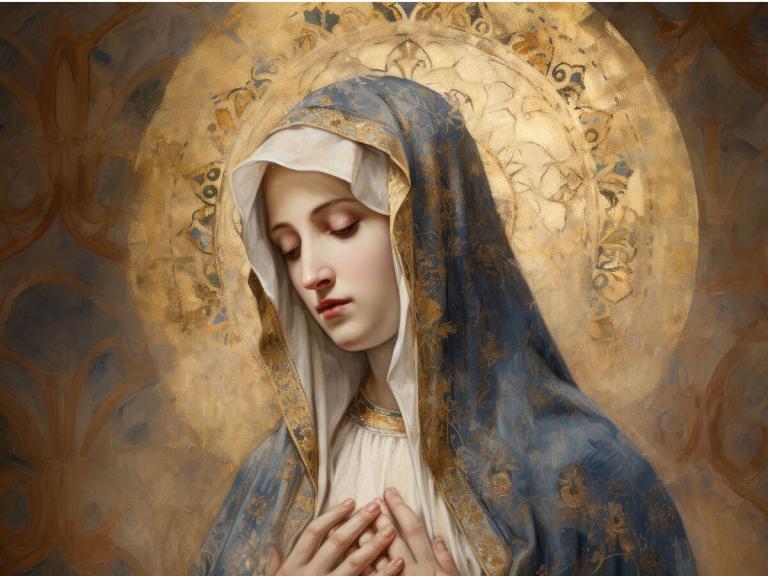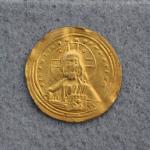
As Christmas soon approaches, one phrase that may be heard a lot is the “Immaculate Conception.” However, it’s a phrase that most people, particularly Protestants, don’t have a clear understanding of. In 2018, Chris Cuomo famously chastised Representative Matt Gaetz (R, FL) for his misuse of the term. During an interview with Cuomo, Gaetz called missing FBI texts between two FBI agents critical of then-President Donald Trump the biggest “coincidence since the Immaculate Conception.” Cuomo then pressed Gaetz to define what he meant by “Immaculate Conception.” “I’m a Christian,” said Gaetz. “I believe that the Immaculate Conception was how Jesus was born.” Cuomo then ridiculed Gaetz for confusing the term. “It was Mary’s conception. It was the mother’s conception without original sin. It was not the conception of Jesus. Facts matter, congressman. If you’re going to make an analogy, at least know what you’re talking about.”
Gaetz isn’t alone in confusing the doctrine of Immaculate Conception with the doctrine of the Virgin Birth. “Got Questions” has a page devoted to clarifying between the two. “Many people mistakenly believe that the Immaculate Conception refers to the conception of Jesus Christ. Jesus’ conception was most assuredly immaculate—that is, without the stain of sin—but the Immaculate Conception does not refer to Jesus at all,” the site writes. “The Immaculate Conception is not a virgin birth. Catholics believe Mary was conceived the normal way, but God made her immune from imputed or inherited sin.” The site shares that the doctrine of the Immaculate Conception, as stated by Pope Pius IX in 1854 is that, “The blessed Virgin Mary to have been, from the first instant of her conception, by a singular grace and privilege of Almighty God, in view of the merits of Christ Jesus the Savior of Mankind, preserved free from all stain of original sin.” Essentially, Catholics look to Mary as a new Eve, thus she was born sinless like Eve when she was first formed in the Garden of Eden. Catholics celebrate the Feast of the Immaculate Conception on December 8.
Such a doctrine is a major sticking point between Catholics and Protestants. For Catholics, Mary’s sinlessness is necessary, otherwise she would have passed on sin to Jesus, thus making Him imperfect. Protestants, however, believe such sinlessness to be unnecessary and unbiblical. They assert that the Holy Spirit indwelled Mary, thus protecting Jesus from the passing on of sin through human conception. Both Catholics and Protestants agree on the Virgin birth. “The virgin birth is important in that it preserves the truth that Jesus is fully God and fully man at the same time,” writes “Got Questions.” “His physical body He received from Mary. But His eternal, holy nature was His from all eternity past (see John 6:69). Joseph the carpenter did not pass on his sinful nature to Jesus for the simple reason that Joseph was not the father. Jesus had no sin nature.”


